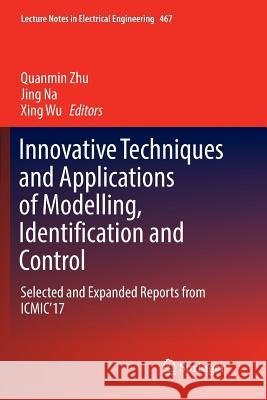Innovative Techniques and Applications of Modelling, Identification and Control: Selected and Expanded Reports from Icmic'17 » książka
topmenu
Innovative Techniques and Applications of Modelling, Identification and Control: Selected and Expanded Reports from Icmic'17
ISBN-13: 9789811339233 / Angielski / Miękka / 2019 / 453 str.
Innovative Techniques and Applications of Modelling, Identification and Control: Selected and Expanded Reports from Icmic'17
ISBN-13: 9789811339233 / Angielski / Miękka / 2019 / 453 str.
cena 402,53
(netto: 383,36 VAT: 5%)
Najniższa cena z 30 dni: 385,52
(netto: 383,36 VAT: 5%)
Najniższa cena z 30 dni: 385,52
Termin realizacji zamówienia:
ok. 16-18 dni roboczych.
ok. 16-18 dni roboczych.
Darmowa dostawa!
Kategorie:
Kategorie BISAC:
Wydawca:
Springer
Seria wydawnicza:
Język:
Angielski
ISBN-13:
9789811339233
Rok wydania:
2019
Wydanie:
Softcover Repri
Ilość stron:
453
Waga:
0.64 kg
Wymiary:
23.39 x 15.6 x 2.39
Oprawa:
Miękka
Wolumenów:
01
Dodatkowe informacje:
Wydanie ilustrowane











